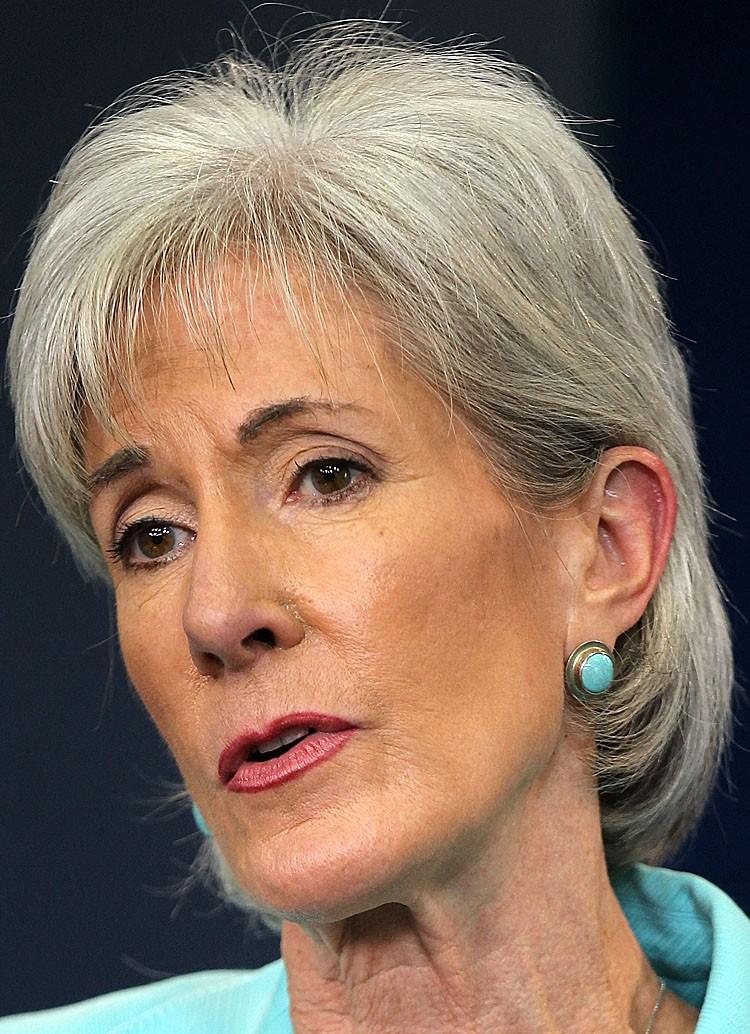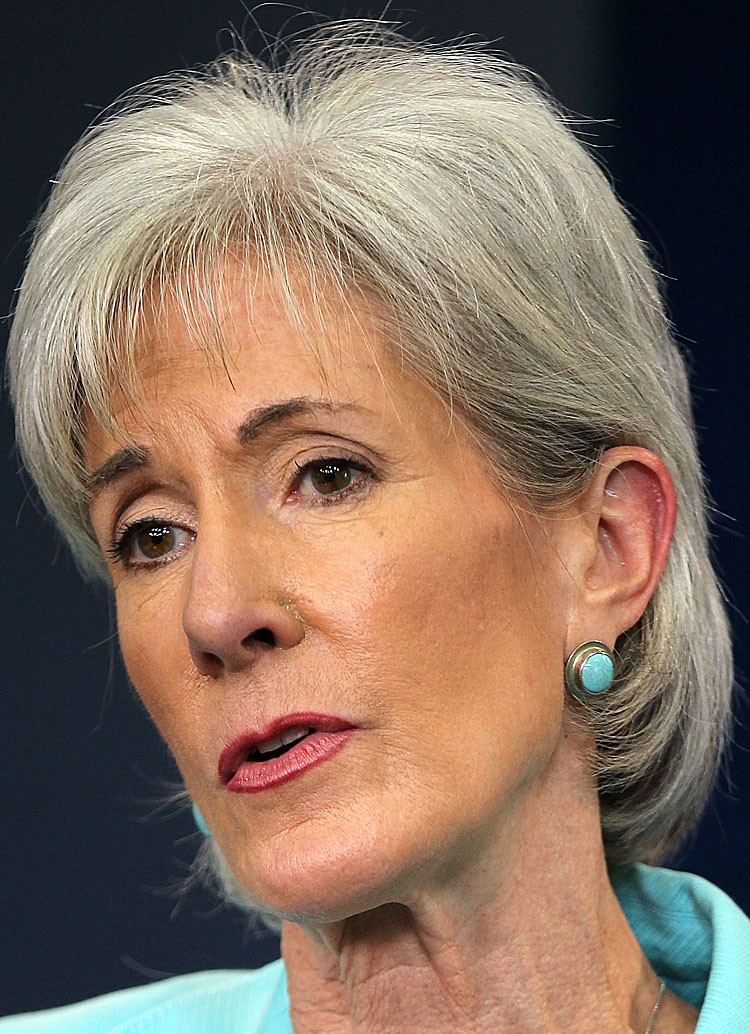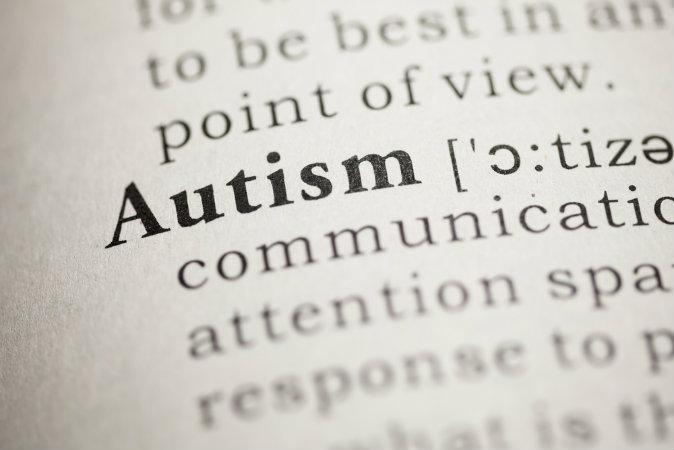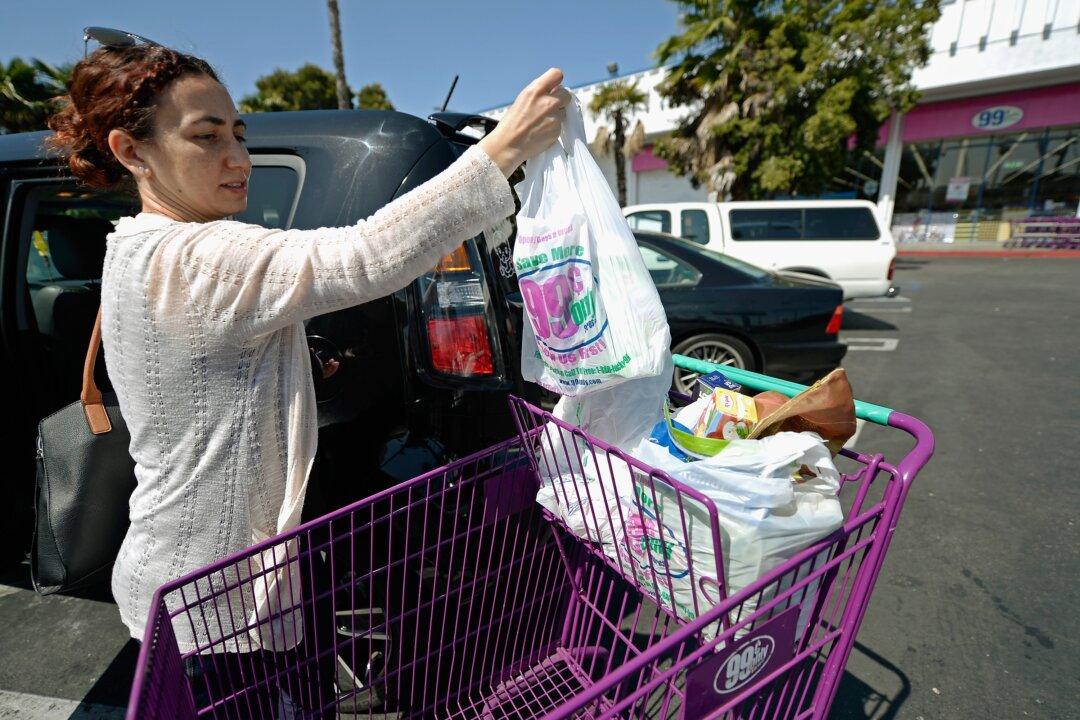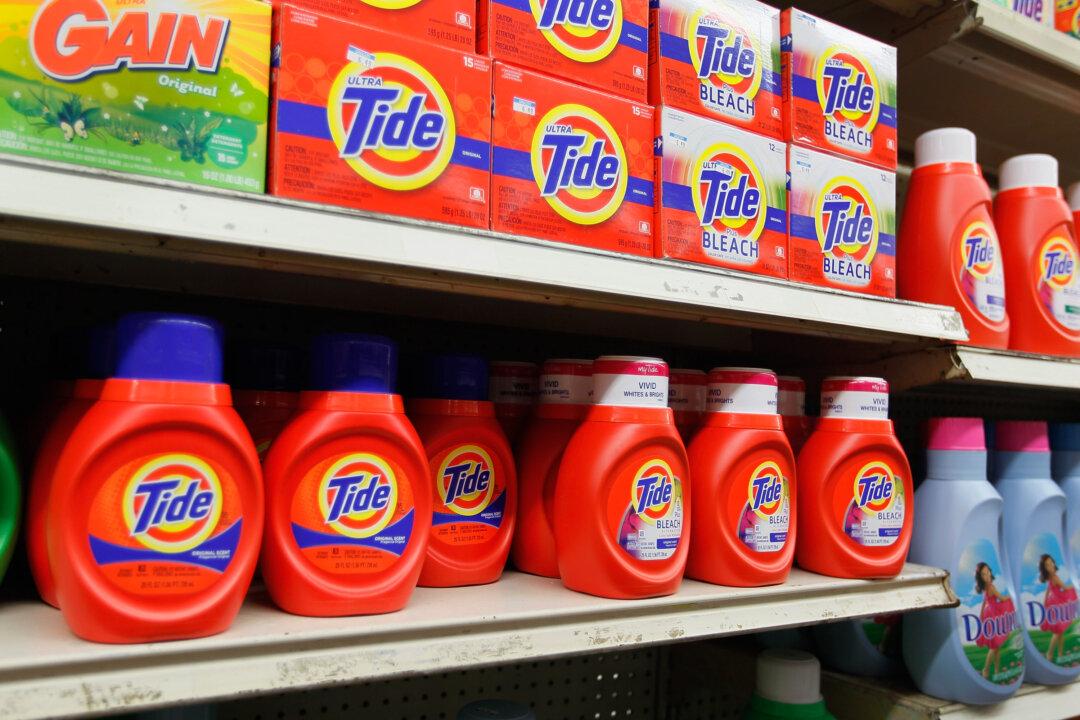Justice Department, States Fight Medicare Fraud
The Department of Health & Human Services (HHS-OIG) is targeting fraud in the Medicare program, as such deceit comes with a high cost to taxpayers.
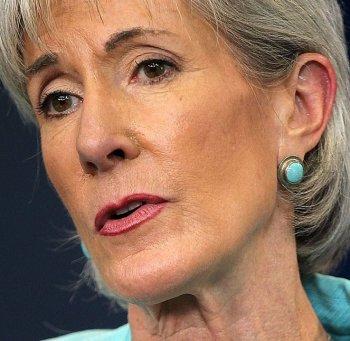
Secretary of Health and Human Services Kathleen Sebelius speaks during the daily White House briefing June 21, 2011 at the White House Briefing Room in Washington. Alex Wong/Getty Images
|Updated:
